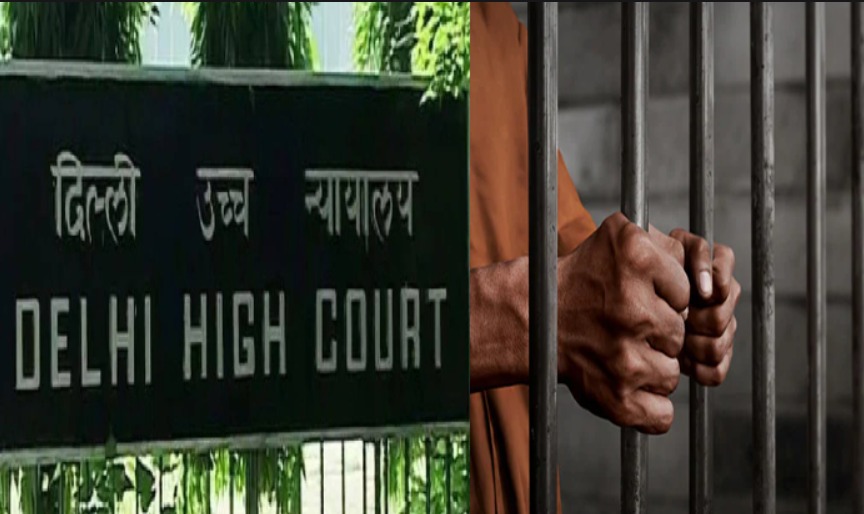
The Delhi High Court ruled on Friday that prisons are correctional institutions and should be recognised as such. It went on to say that the plight of prisoners in a democracy sheds light on how the state should care for them because few are concerned about those in prison.
According to the Delhi High Court, the majority’s attitude towards the imprisoned – whether under trial or convicted – is not very positive, and those who speak on their behalf are sometimes considered callous towards victims of crime.
The fundamental rights should not remain on paper, and it is the responsibility of the courts to ensure that they become living law and, in practise, assist, help, and guide the citizens, stated Justice Swarana Kanta Sharma while passing a judgement on a prisoner’s plea claiming that human rights have been overlooked by prison laws and rules.
The Court observed that it is past time for the authorities of prisons, which are correctional facilities, to act as guardians of the prisoners for their health and safety, rather than simply as guards of the inmates. Prisoners who are separated from society and family as a result of the Court’s sentence are frequently unseen by the general public and their families.
In the current case, the Delhi High Court has examined the issue regarding the payment of compensation and its quantum to a convicted inmate of Tihar Jail who suffered injuries, including the amputation of three fingers on his right hand, while working in the jail factory.
The petitioner, a life-sentenced convict, had sought an order directing the Jail authority to provide a functional prosthesis for the regular working of his amputated fingers on his right hand at state expense in a private hospital where such a facility is available, as well as to grant compensation for the loss suffered by him.
The court while passing the judgement stated that the applicant’s injury and disability in this case cannot be compared to that of a free citizen in terms of pain and suffering. A convict’s and a free citizen’s pain from an injury cannot be different. The Court must hear the voiceless and feel and treat the convict’s pain and suffering as that of a human being, not as that of a prison inmate.
Under India’s constitutional system, the Courts have always stood guard and served as a refuge for those who are helpless, outnumbered, or in a position of power imbalance. The Indian Constitution does not allow for distinction in such cases, and the Court’s judicial and moral conscience advances the Constitution’s principles, the Court stated.




